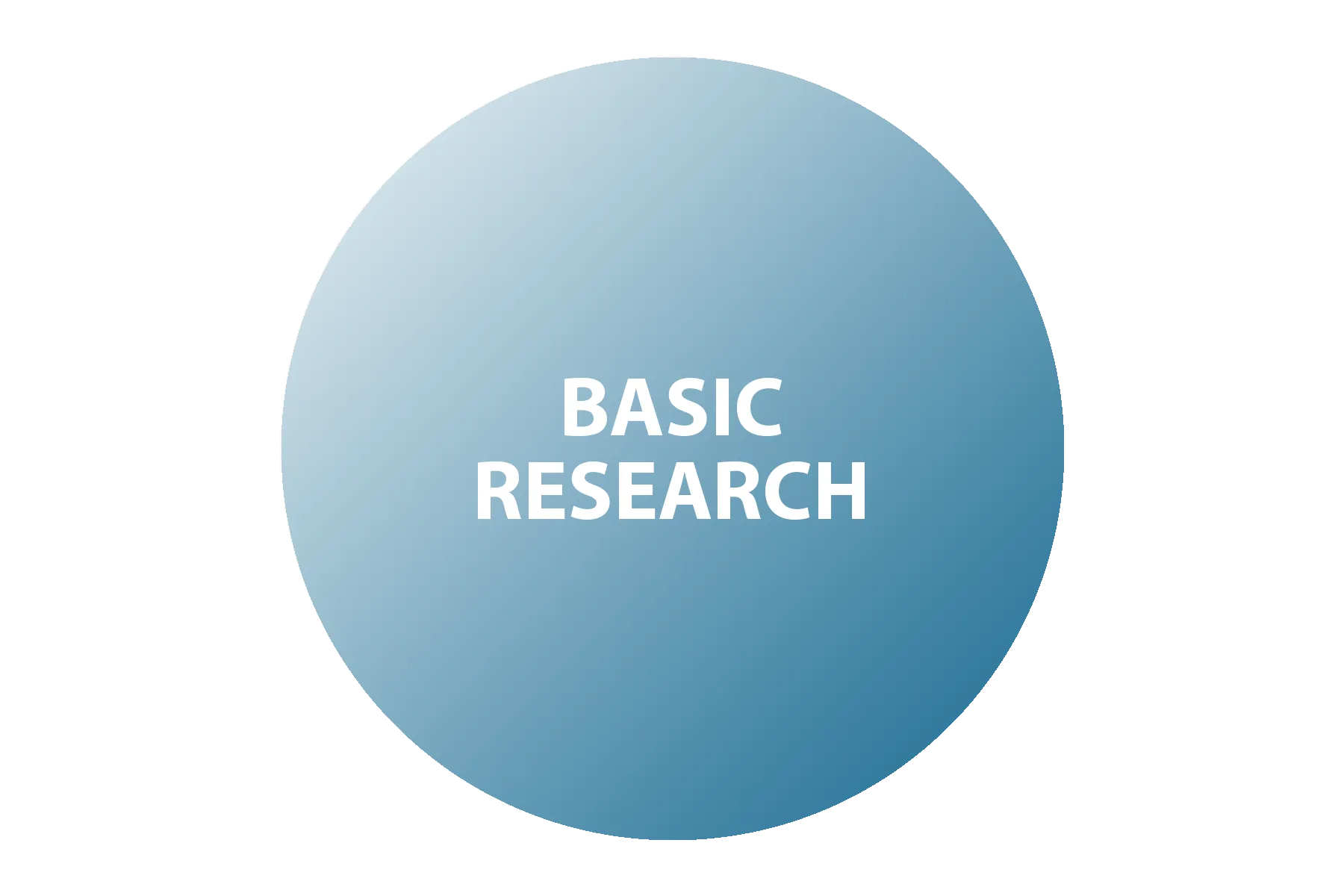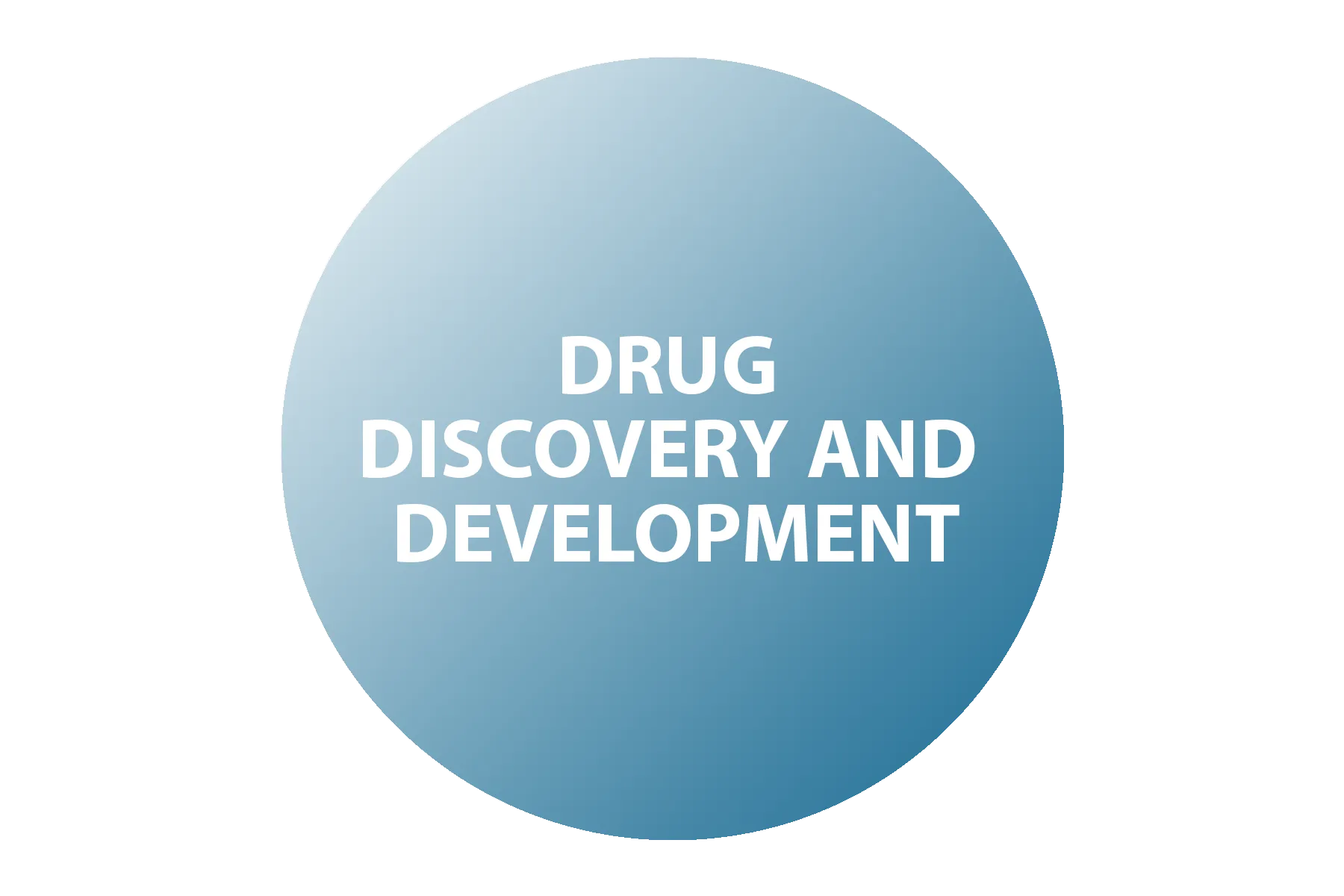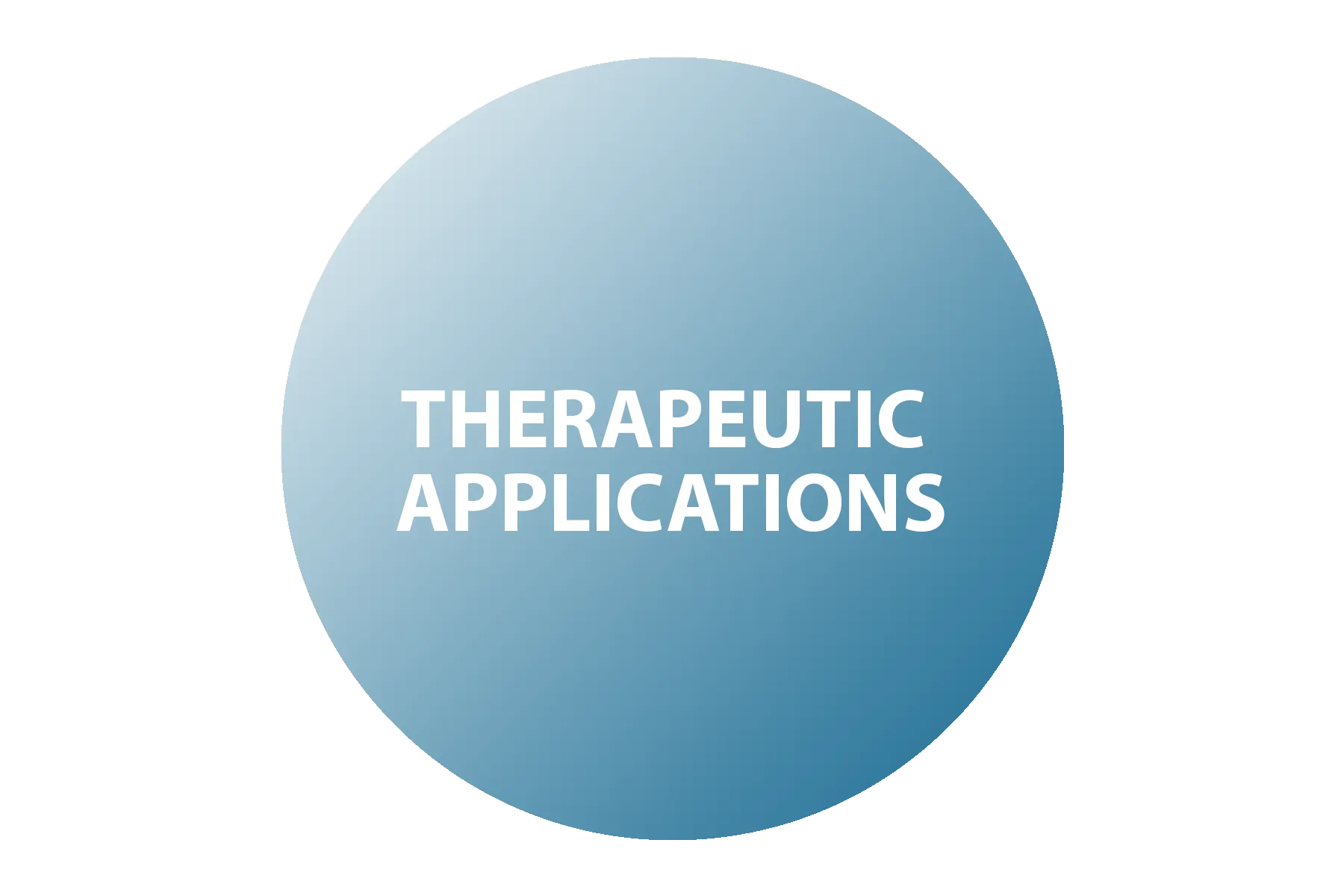Leading provider of cell engineering solutions
We are uniquely positioned with a robust market-leading portfolio of tools and differentiated service capabilities that support and enable critical elements of the drug development and therapeutic value chain.
 |
Underlying each disease is a genetic signature that differentiates the disease’s pathologic cells from those that are healthy. By reproducing these genetic profiles in a cellular or animal model through the use of gene editing, researchers can investigate and better understand a disease’s genesis and pathology. Importantly, a single disease can have many different genetic profiles, so it is important that researchers can generate or have access to a wide variety of genetic alterations for a given disease or animal model. |
 |
Whereas drugs were formerly developed on a “one-size fits all basis” drug development is increasingly focused on the underlying genetic profile of diseases. This has the potential to significantly shorten drug development timelines by allowing companies to refine clinical trials to select patient populations within a disease type based on their genetic makeup. Disease diagnosis is another area that has adopted gene editing tools. By using controls alongside the molecular diagnostic assay, customers can ensure their results are correct. |
 |
Gene editing is a particularly important tool for the development of precision medicines. Cell line models are used extensively to develop pre-clinical evidence for validity of therapeutic targets and the drugs used to treat them. Gene editing is also being adopted to improve the performance of the “work-horse” CHO cell lines that are used in the manufacture of biological drugs (biologics) such as antibodies. By using genetically modified cells, the production of the biologics can be improved resulting in outcomes which are quicker, cheaper, better or a combination of all three. |
We believe the following factors will drive growth in the cell engineering market:
-
Diseases are increasingly being understood and treated by their specific impact on genetic expression
-
The demand for new and more complex cell models continues to grow, both to improve productivity of results and to support replacement of animal models
-
The demand to increase the efficiency and efficacy of drug development and discovery requires tools and services that help to lower the overall cost of development and shorten drug development timelines
-
There is an increasing demand for precision medicine including novel therapeutic approaches for genetic diseases
Transforming drug development
CRISPR and other gene editing and gene modulation technologies are revolutionizing biology. The tools and services derived from these technologies are fueling our understanding of disease and transforming the drug development process.
Explore our products and services
